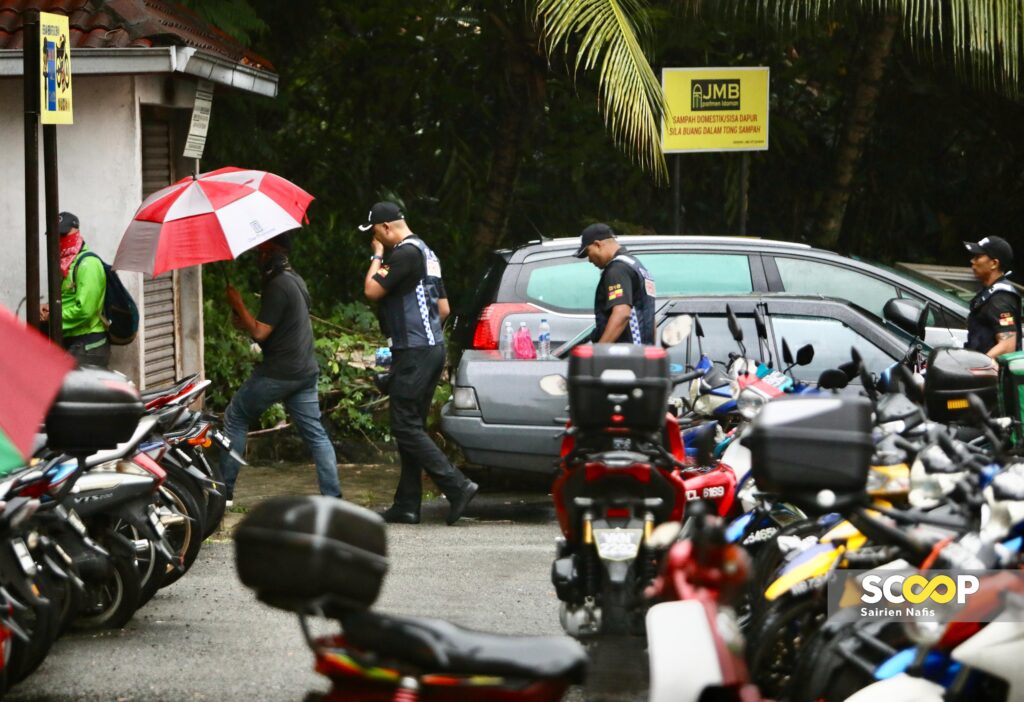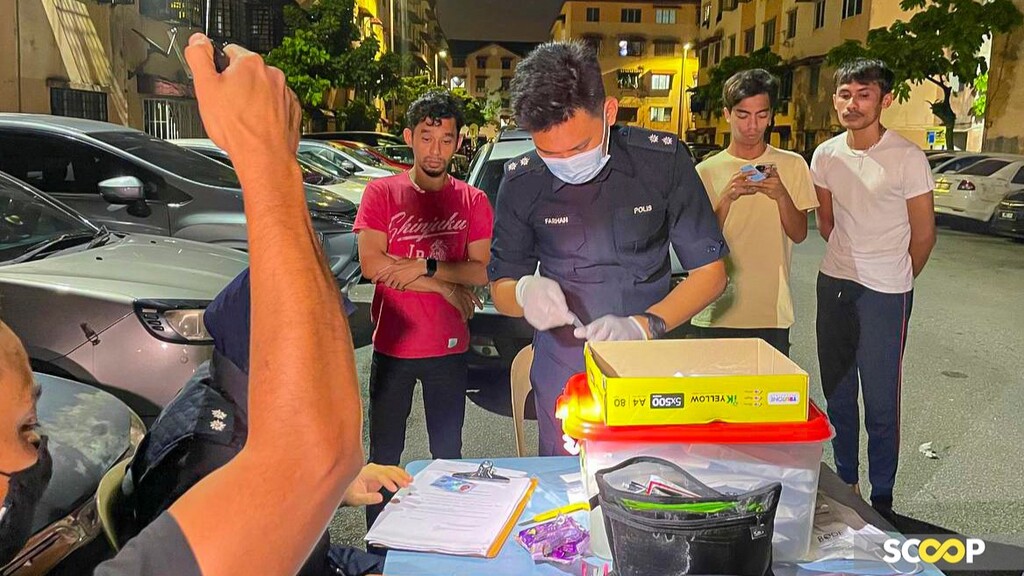KUALA LUMPUR – Several lawyers have raised concerns on the recent mass DNA collection from the residents of Idaman Apartments as part of police investigations into the murder of 6-year-old Zayn Rayyan Abdul Matiin.
Speaking to Scoop, the legal experts cast aspersions on whether the police investigators tasked with collecting DNA samples from over 200 residents had conducted their duties in accordance with provisions under the DNA Identification Act 2009.
Senior lawyer Datuk Seri Rajan Navaratnam underscored provisions in the law that stipulate that the taking of DNA samples from persons by an authorised officer must be preceded by either the presence of reasonable grounds of suspicion against the individuals or an arrest.
“The onus is on police to justify why they believe someone is a suspect. In this case, what was (police’s) basis of suspicion? How is it possible that more than 200 people are suspects?” he questioned.
Expressing similar sentiments, former Malaysian Bar president Salim Bashir Bhaskaran said that the potentially crucial evidence obtained through DNA samples should not dismiss concerns on how personal rights might be invaded in the process of acquiring said data.
“DNA information is a useful tool for crime solving. As significant as it is to assist investigations on serious crimes, a right to extract DNA samples by authorities raises a question on intrusion of personal autonomy and privacy rights,” he said.
Under the DNA Identification Act, a distinction is set between intimate and non-intimate DNA samples, with the former referring to a sample of blood, semen or any other tissue or fluid taken from a person’s body, urine or pubic hair.
Non-intimate DNA samples, which is the material police reportedly collected from residents at the apartment complex in Damansara Damai, are samples of hair other than pubic hair, a sample taken from a nail or from under a nail, or saliva.

The collection of both types of DNA samples, Rajan said, can only be executed if the officer reasonably suspects or believes a person has committed a crime, with the sample believed to be able to either confirm or deny their involvement in a crime.
“As opposed to the requirements for intimate samples, the taking of non-intimate DNA samples does not require written consent in a prescribed form,” Rajan said.
“If the person suspected of having committed a crime or (one who) is arrested for alleged criminal acts refuses to give a non-intimate DNA sample without any good cause or the sample cannot be obtained, then the person may be brought before a magistrate.
“If the magistrate is satisfied with cogent evidence that the person’s sample may prove or disprove his involvement in a crime, the court may make an order for the person to provide the non-intimate DNA sample,” he added.
However, the law also states that if any DNA samples taken in accordance with the act disqualifies a person’s involvement in criminal activities after investigations, then the DNA Databank head must remove the person’s DNA profile and any other information from the database within six months of being notified by the district police chief.
For the record, while DNA profiles and other relevant information stored in the databank are kept with the primary objective of human identification in relation to forensic investigations, the data may also be used to assist the recovery or identification of human remains from a disaster or for humanitarian purposes as well as the identification of living or deceased persons.
Besides that, Rajan pointed out that Section 23 of the act states that no action, suit, prosecution or other proceedings can be initiated against the minister “charged with the responsibility for internal security,” the DNA Databank head, deputy head or officers, government medical officers or chemists.
“The legal proceedings cannot be brought against the figures mentioned in respect to any act or omission in carrying out their powers, functions and duties – so long as it’s shown that they were carried out in good faith.”

Meanwhile, Universiti Malaya’s senior law lecturer Mohammad Firdaus Abdul Aziz said that while the law does not provide a clear definition on what it deems to be “reasonable grounds” for authorities to collect DNA samples, the acquisition of consent is a matter well established under the act.
“Consent of the individuals is a requirement under Sections 12 and 13 of the act. Consent is not just (affirmed by individuals) signing a consent form.
“It is very crucial for authorities to observe both ethical and legal standards in collecting human biological specimens by providing full information to the individuals as to why their samples need to be taken as well as how their samples will be analysed, stored and destroyed.”
However, Firdaus posited that if the individuals had voluntarily provided their consent for their DNA samples to be collected under Section 14 of the act, it might not be legally necessary for authorities to establish reasonable grounds to collect the samples.
Section 14(2) states that a police officer not below the rank of deputy superintendent shall, before the taking of intimate or non-intimate DNA samples, inform the person from whom the sample is to be taken that the information derived from said samples may be stored in the DNA Databank.
The officer is also required to inform the person that they may make a request to a police officer for access to the information and that they may withdraw their earlier given consent.
During a surprise mass DNA collection operation on December 9, police secured the biological samples of 228 residents with the help of 278 officers divided into 90 teams.
Zayn Rayyan’s body was found near a river bank some 100m from Block R of the apartment complex, where he stayed with his parents and younger brother, just a day after he was reported missing on December 5.
His killing is being investigated under Section 302 of the Penal Code for murder after the post-mortem revealed neck injuries and defensive wounds on his body. – December 14, 2023


